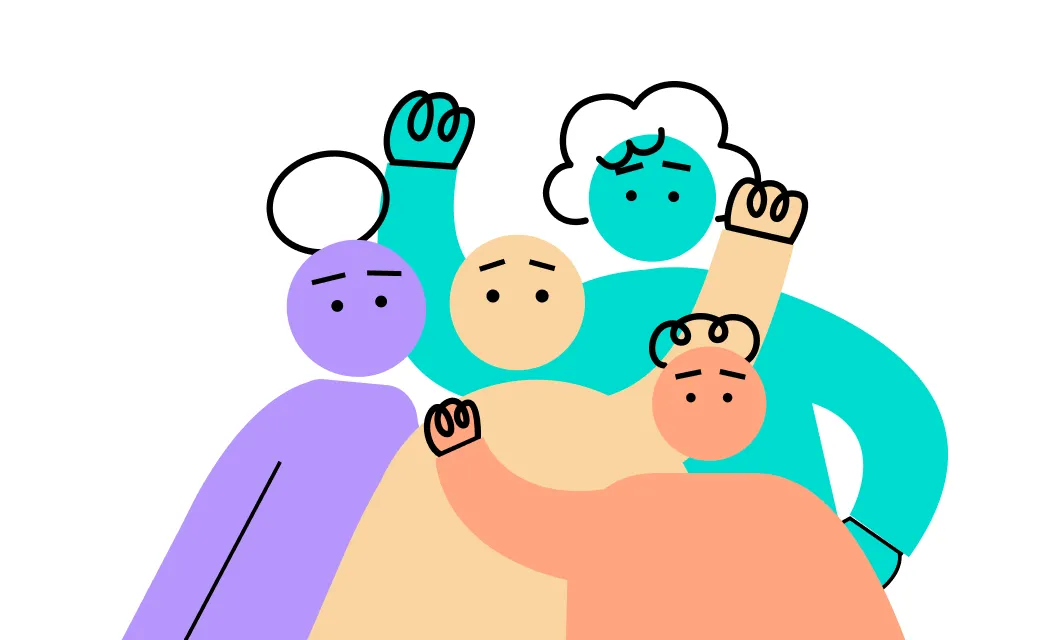How Sleepio Works
Sleepio delivers first-line recommended cognitive behavioural therapy for insomnia over six, weekly sessions. Start improving your sleep in just 10 minutes a day with a tailored plan.
Discover Your Sleep Score
Build Your Treatment Programme
Incorporate Expert Techniques
Track Your Improvement
The Future of Sleep Treatment is Here
Sleepio is a NICE-recommended, NHS-funded treatment delivering real, lasting sleep improvements that goes beyond wellness apps.
Meditation & Wellness Apps | In-person Therapy | Sleep aids and Prescriptions | ||
|---|---|---|---|---|
First-line recommended treatment1 | ||||
No serious side effects2,3 | ||||
Long-lasting benefits3,4 | ||||
Available 24/7 | ||||
Zero cost to you |
Over 340,000 people around the globe trust Sleepio. Our personalised treatment, daily sleep diaries, and progress tracking help you achieve quality, lasting sleep.
.webp)


Tired of sleepless nights?
.webp)
Frequently Asked Questions
Learn more about how Sleepio works.
Sleepio is available at no cost to residents in Scotland, and Frimley and BOB ICS regions in England as it is funded by the NHS in these areas.
For best results, we recommend completing the full, six-week treatment course. Many people start to notice an improvement in their sleep much sooner than this.
Your data is safe with Sleepio. We’ve been robustly assessed by the NHS to ensure information is only ever shared on a legal basis to do so.
CBT is based on the concept that your thoughts, feelings, physical sensations and actions are interconnected, and that negative thoughts and feelings can trap you in a negative cycle. There are three key mechanisms within Sleepio that help patients sleep better:
- Six weekly sessions of CBT
- Daily sleep diary
- Techniques to practice between sessions
Sleepio tailors its therapeutic content to individuals based on their sleep diaries and responses to weekly questionnaires.
Sleepio has been proven to help 76% of patients achieve clinical improvement in their insomnia.2
You can sign up to Sleepio using one of the links on this page. You don’t need a referral from your GP. After a quick sleep questionnaire, we’ll build you a tailored treatment programme which you can start straight away.

.webp)
.webp)





.webp)